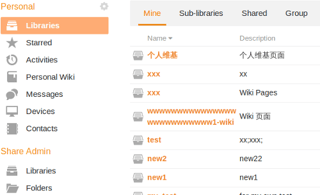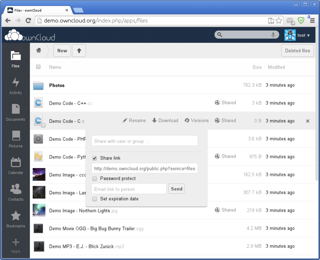There are multiple possibilities – but as kurast already pointed out in the comments on your question, more than 2 machines without a "centralized server" will certainly lead to merge conflicts sooner or later. But on the condition you can declare one of your computers the "centralized server", choices pop up.
For what I present here, that server can be one of your computers. But it can also be some NAS device or even some router, as far as they support it (several of both categories do). Best of course one that runs 24/7, hence the router or NAS might be perfect for this task.
If you're just after "File Sync", you should take a look at Seafile. For the server part, it supports Windows, Linux, and RaspberryPi – plus offers desktop clients for Windows, Mac, Linux as well as mobile clients for Android and iOS. Storage size is up to you, and of course depends on what your machine offers (for the Raspi, simply stick in a big enough SDCard/stick). Should be fairly easy to deal with from what I've read (not using it myself).
Additionally to file sharing, it supports some team-collaboration features such as chat and a wiki – so you could leave each other messages even.

Seafile Screenshot (source: Seafile; click image for larger variant)
.
For some additional features, I can recommend ownCloud – which I use myself, and describe to some degree in my article Android without Google 2: ownCloud (a little focused on Android, but you'll get the idea). Here you can download the server variant for all systems running a web server with PHP support. I've seen examples for the "Raspi" again, and also for Fritz!Box routers. For me, installation was done in less than half an hour.
Additionally to file service, ownCloud out-of-the-box lets you share a lot more things. Each user can have his or her own contacts, calendars, documents and more, and can share them with every other member – completely, or in parts. It's almost a little "office machine", as you can edit text files as well as simple office documents (OpenDocumentText currently). From a repository full of "ownCloud apps", you can extend functionality to what you think you need. All for free.

ownCloud web interface (source: Wikimedia; click image for larger variant)
Again, there are desktop and mobile clients available for all kind of systems (pretty much the same coverage as with Seafile above).


